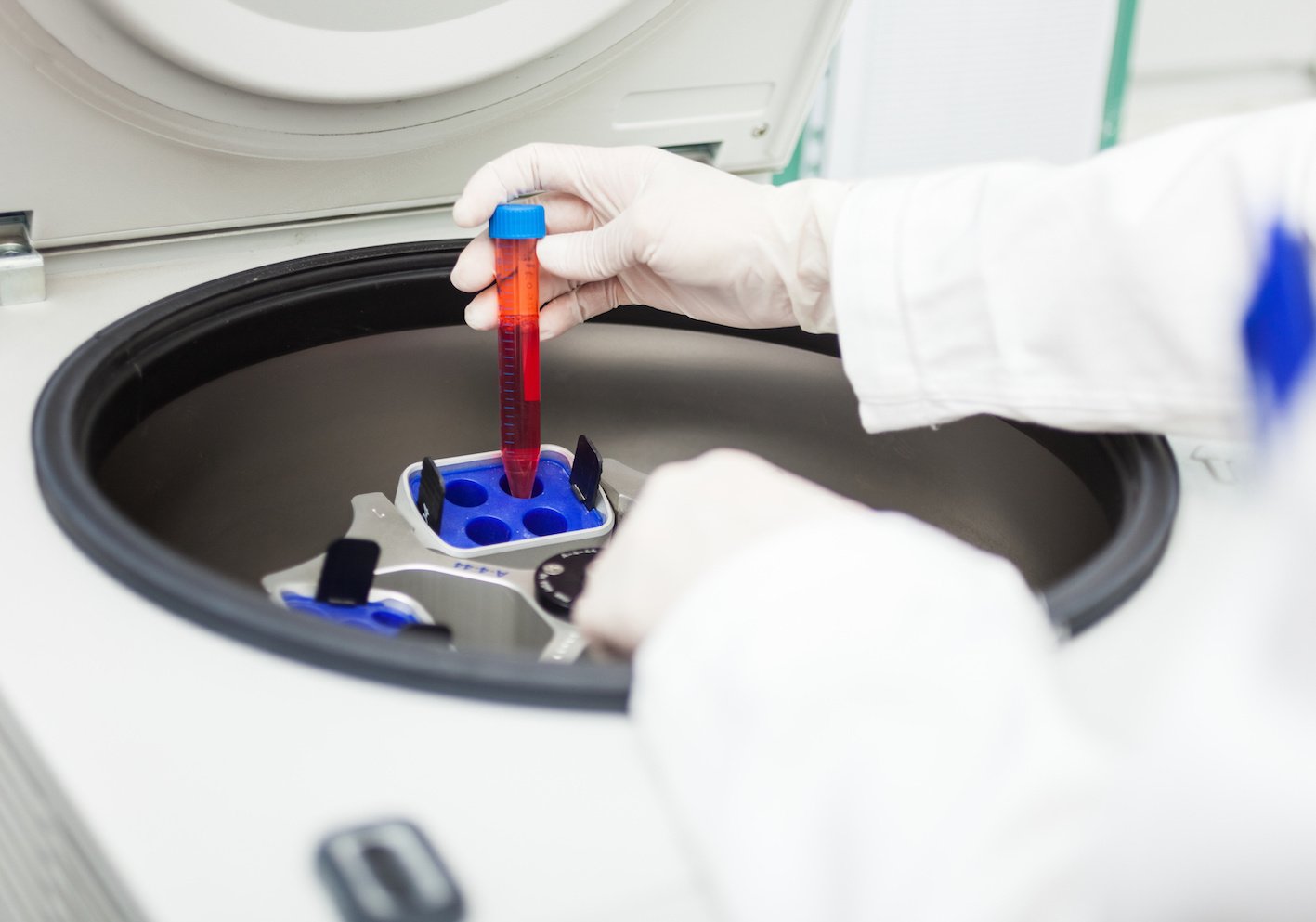The five emerging innovations in diagnostic laboratory
August 16, 2021 | Monday | Views
The healthcare industry with the help of online platforms has evolved and will do so in future too. Dr Kush Singh, DGM Lab Operations, Redcliffe Life Diagnostics gives an insight
Image Credit: Shutterstock
In India, the laboratory and diagnostics business is at a juncture. The industry is undergoing a change from a laid-back and profit-driven area to a customer-centric stream with the goal of becoming an integral element of the healthcare sector like never before.
The power of the Internet has engulfed the majority of the industry. At the same time, the healthcare industry is looking into a variety of ways to engage with and provide service to its consumers via online platforms. Some of the significant growth trends in the lab and diagnostic domain include ordering laboratory tests from home, collecting samples from home, digitising records, and improving turnaround time.
To understand the evolution across the industry in detail, let’s discuss some emerging diagnostic laboratory innovations-
Artificial intelligence
In healthcare, artificial intelligence is replacing labour-intensive and time-consuming operations with quick, remote-accessible, and real-time solutions for diagnosis, treatment, and disease prevention. To spread the benefits of AI, startups create software platforms, application programming interfaces (APIs), and other digital products. Clinical workflow management, improved surgery support, and medical diagnostics are just a few of the AI use in healthcare.
Internet of Medical Things
IoMT is critical for the development of products that provide healthcare services with little or no human interaction. Multiple applications are enabled by connected medical devices, equipment and infrastructure, including automatic disinfection, smart diagnosis, and remote patient management, to mention a few. Cognitive IoMT (CIoMT) is a new technology that combines sensory data, autonomous processing, and network connection for real-time diagnosis, monitoring, tracking and illness control.
Analytics & Big Data
Medical data collection, storage, diagnostic techniques, treatment planning, surgical processes, remote patient monitoring, and consultations are all being transformed by digitisation. In the future, the amount of health and medical data is likely to explode. Big data and analytics provide tools and solutions for analysing large amounts of unstructured medical data. It enhances patient-centred services, detects diseases early, and uncovers fresh information about disease causes. Furthermore, big data solutions may be used to assess the quality of medical and healthcare institutions as well as improve treatment procedures.
Genomics
In recent years, there have been major initiatives to build genomics tools for numerous uses. Integrating genetic knowledge and processes into existing clinical workflows would ensure that physicians communicate with patients in a consistent and actionable manner, which a genomic test may deliver. Because of advances in genomics, a new era of individualized medicine is now feasible. For various unmet clinical requirements, gene therapy and gene-based treatment interventions have changed clinical medicine and specialist care.
Cloud Computing
Clinicians can use cloud computing to create quality patient experiences that are supported by tech-enabled care delivery such as telehealth and remote monitoring. It provides more storage and processing power for data analytics while also eliminating the requirement for on-premise storage. Network, security, billing, monitoring, and alarms as well as access and identity management, are all integrated into the cloud platform. It also offers faster data access, storage, and management, as well as data backup and recovery, smart data potential, and data interoperability.
These trends along with robotics, 5G, and stem cell therapies will change the industry as we know it today. Early identification of new prospects and developing technologies to incorporate into your organisation can help you acquire a competitive advantage.









